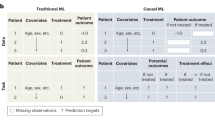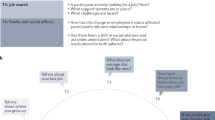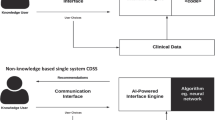Abstract
IN his review1 of a book by Sir Arthur Eddington, Prof. Dingle criticises Sir Arthur's solution of a certain problem in inverse probability. Prof. Dingle proposes a second, simpler, and analogous, although different, problem: If A and D each speak the truth once in three times independently, and A says that D lies, what is the probability that D speaks the truth—He argues that from our knowledge of D, the probability is 1/3, while from our knowledge of A it is 2/3, and hence that neither for his problem nor for Eddington's can there be any consistent, correct solution. Yet Prof. Dingle's problem can be regarded as a problem in statistical association, and admits of one, and only one, solution.
This is a preview of subscription content, access via your institution
Access options
Subscribe to this journal
Receive 51 print issues and online access
$199.00 per year
only $3.90 per issue
Buy this article
- Purchase on Springer Link
- Instant access to full article PDF
Prices may be subject to local taxes which are calculated during checkout
Similar content being viewed by others
References
NATURE, 135, 451, March 23, 1935.
Author information
Authors and Affiliations
Rights and permissions
About this article
Cite this article
STERNE, T. The Solution, by the Method of Association, of Problems in Inverse Probability. Nature 135, 1073–1074 (1935). https://doi.org/10.1038/1351073b0
Issue Date:
DOI: https://doi.org/10.1038/1351073b0
Comments
By submitting a comment you agree to abide by our Terms and Community Guidelines. If you find something abusive or that does not comply with our terms or guidelines please flag it as inappropriate.



